Benjamin and Sara Netanyahu went to the Kosel to Daven on Monday evening, the night before Election Day.
Netanyahu placed a “Kvittel” in the Kosel, which read “For security, for Am Yisrael, for my family, and for love”.
It’s a crowded field in Israel’s elections as over 40 parties will be slugging it out on Tuesday for seats in the country’s parliament.
There is the right-wing flagship, centrist newcomers, ultra-Orthodox parties, Arab parties and fringe movements. But only a handful will win the necessary 3.25 percent of total votes cast to cross the electoral threshold needed to enter the Knesset.
בעזרת השם ובעזרתכם – נעשה ונצליח! pic.twitter.com/spO8MDrUza
— Benjamin Netanyahu – בנימין נתניהו (@netanyahu) April 8, 2019
Israeli democracy operates on a parliamentary system of proportional-representation in which the government needs a majority to rule. Since no party has ever earned more than 61 of the 120 seats in the Knesset, a coalition is required.
Polls show Prime Minister Benjamin Netanyahu’s rightist Likud in fierce competition with the centrist Blue and White party. Both camps are trying to rile up their bases to become the largest party in parliament while also convincing the smaller parties to join them in a coalition after the results become known.
Here’s a look at the major players:
LONG-RULING LIKUD
Israel’s conservative Likud party has dominated the political stage since 1977 with only a few exceptions, and it has controlled government for the past decade in large part thanks to Netanyahu’s personality cult and strong base.

Netanyahu has brazenly allied himself with Israeli settlers and courted nationalist and ultra-Orthodox parties for his current coalition.
In past elections, Likud has depended on a groundswell of populist support from Mizrahi, or Middle Eastern, Jews who harbor deep-seated resentment toward Israel’s European-descended founding elite and their social democratic brand of politics.
This constituency appears poised to support Netanyahu again, despite the attorney general’s intention to indict him on three serious corruption charges.
If Netanyahu wins another term, he will be on track to become the longest serving leader in Israeli history. He’ll also have to simultaneously lead the state while fighting criminal charges against him.
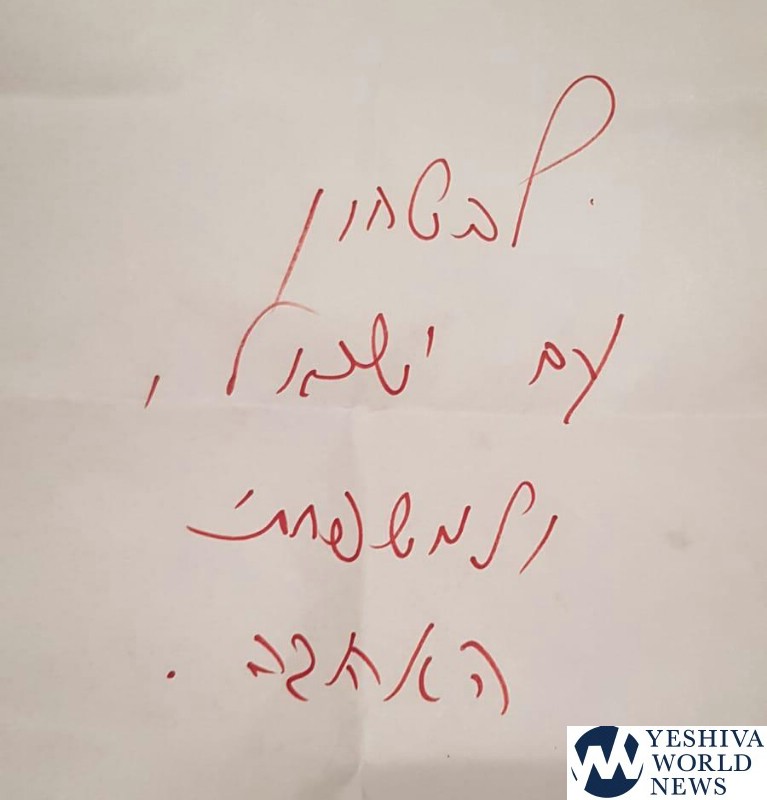
___
THE CENTRIST VANGUARD
Ex-army chief Benny Gantz shook up the scene when he announced the formation of a new party earlier this year, and several weeks later, when he formed a partnership with centrist politician and former television host Yair Lapid, head of the centrist Yesh Atid. Their joint Blue and White list presents the first viable challenge to Netanyahu’s long rule.
If elected, Gantz would lead the government for the first two and a half years with Lapid taking over for the rest of the term.
The new coalition of centrists and former military officers has sought to mobilize a united front to oust the scandal-plagued Netanyahu, carrying the mantle of clean government, economic reform and respect for Israel’s state institutions.
Gantz and his slate talk tough about standing up to Iran and striking Palestinian militants to appeal to hard-liners but have also hinted they won’t foreclose future peace negotiations.
Although Blue and White has inched ahead of Likud in some polls, the party may find it more difficult to recruit suitable coalition partners.
 ___
___
THE NEW RIGHT
A pair of nationalist ministers, Naftali Bennett and Ayelet Shaked, ditched their religious Jewish Home party and formed the “New Right” to attract a broader range of secular but still staunchly pro-settler voters.
They’ve promised to join Likud’s coalition, along with a handful of other right-wing and religious parties, but their sudden maneuver hints that their political aspirations may extend beyond Netanyahu’s corruption-stained rule.
Bennett, often the first to slam Netanyahu for his failure to deter Gaza rockets, is jostling for the position of defense minister.
As justice minister, Shaked has clashed with the Supreme Court, which she views as a bastion of the Israeli left that unfairly curtails her party’s nationalistic agenda.
Their sardonic campaign ads have stirred online debate, including one that features Shaked spritzing herself with a faux perfume called “Fascism.”
___
THE OLD LEFT
The venerable Labor party, once Israel’s largest faction that founded the state and promoted a statehood deal with the Palestinians, has languished under decades of Likud rule and an impasse in the peace process. It now appears overtaken by Blue and White and can only hope to join a coalition led by the new front-runner of the center-left bloc.
The liberal Zionist Union party dramatically split early this year after Labor leader Avi Gabbay announced the end of his party’s union with former Foreign Minister Tzipi Livni, embarrassing her on live television. Livni subsequently bowed out of politics, ending her storied 20-year career.
___
THE CONTROVERSIAL ALLIANCE
The religious Zionist party Bennett once headed, Jewish Home, has joined forces with Jewish Power, a far-right faction inspired by the banned Kahanist movement, branded a terrorist organization by the U.S. for an extremist agenda that includes forced expulsion of Palestinians.
Netanyahu helped cut the deal in order to give the parties a better shot at passing the parliamentary threshold and serving as a potential coalition partner.
Both at home and abroad, Netanyahu’s overture to Jewish Power drew sharp condemnation.
___
THE ARAB VOTE
Arab parties, which represent over 20 percent of Israel’s citizens, could help sway the vote — if their constituents vote.
In the last election cycle, four Arab factions joined forces into a single list, energizing voters and winning a record number seats in the Knesset — 13. But this year, political infighting split the slate, which looks likely to cut away at their overall numbers.
Low turnout could also be an issue. Netanyahu’s campaign against Arab politicians, seen as incitement in the Arab sector, together with the new alliance with anti-Arab extremists and the passage of last year’s contentious nation-state law, which enshrined Israel as the homeland of the Jewish people alone, have deepened calls for a ballot boycott in Arab communities.
But some hope these blows will have the opposite effect, fueling enough frustration to drive up the Arab participation rate. That could complicate Netanyahu’s attempts to form a coalition as he fights for a fourth consecutive term.
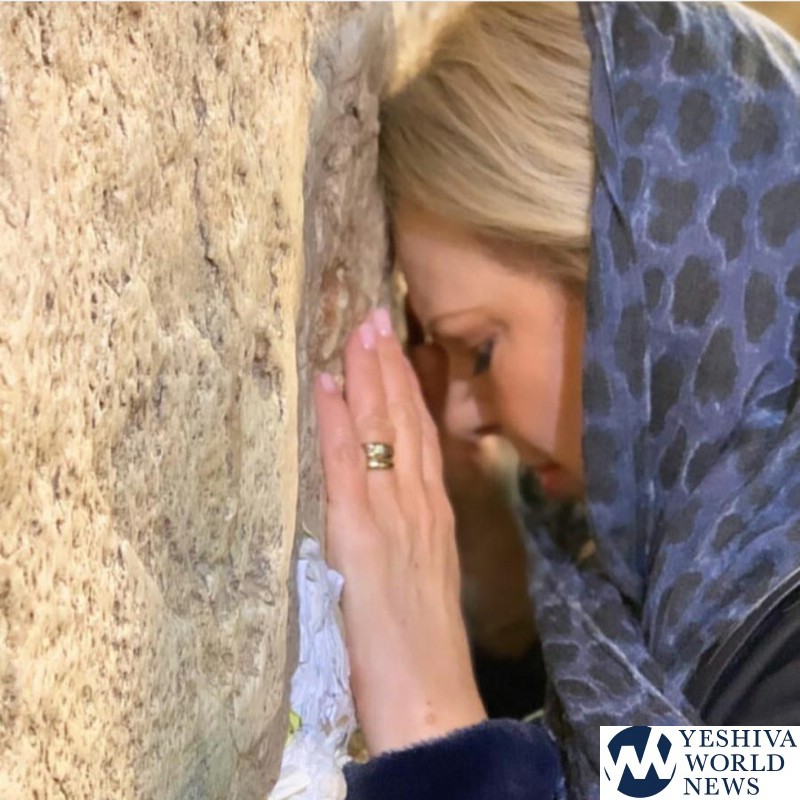
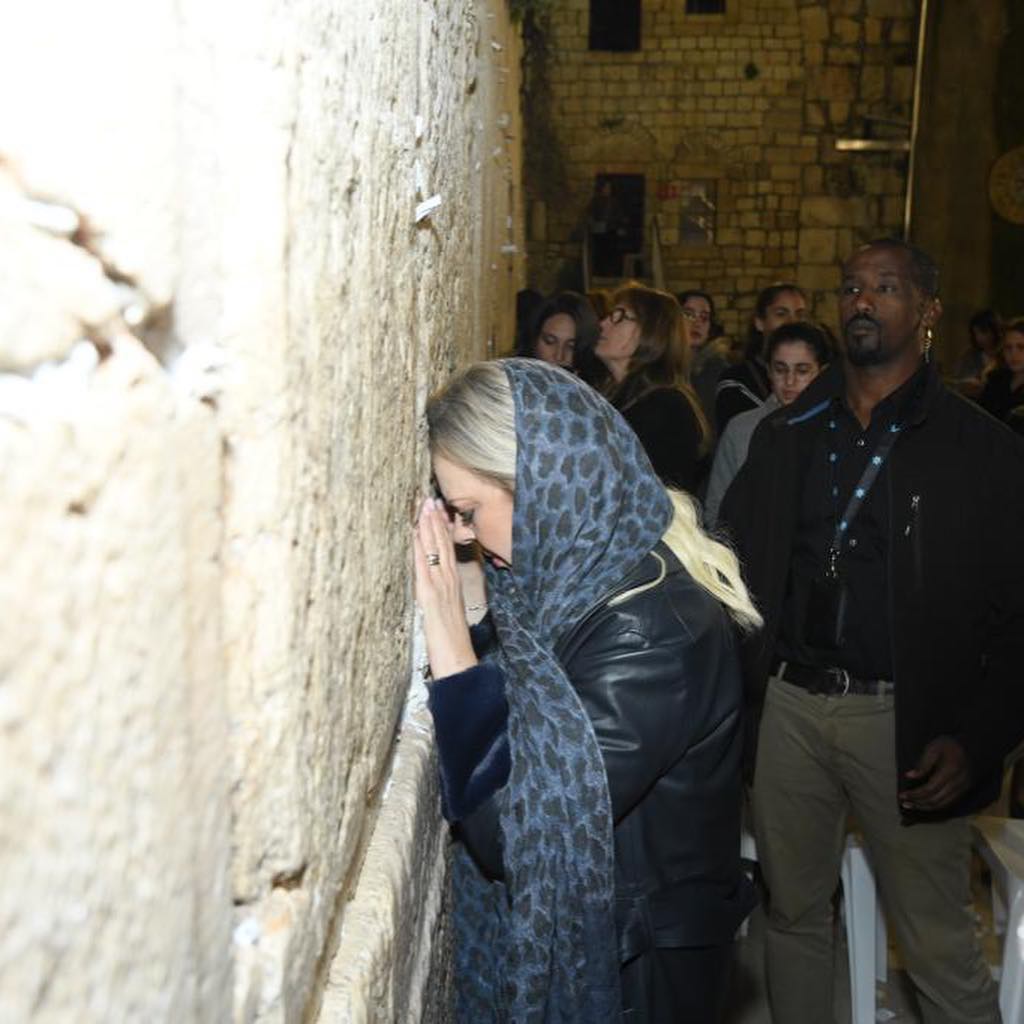
(AP / YWN World Headquarters – NYC)

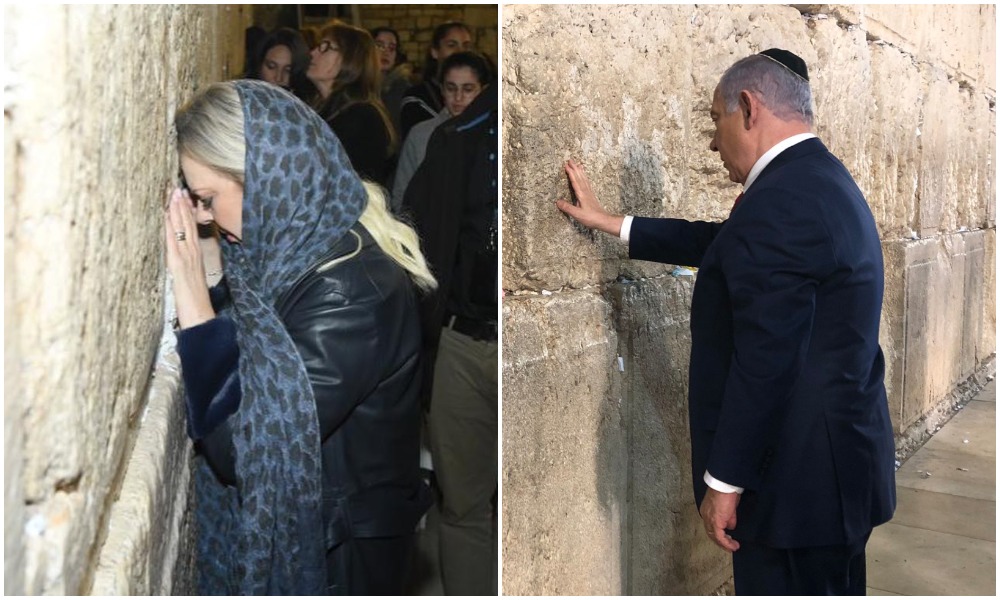





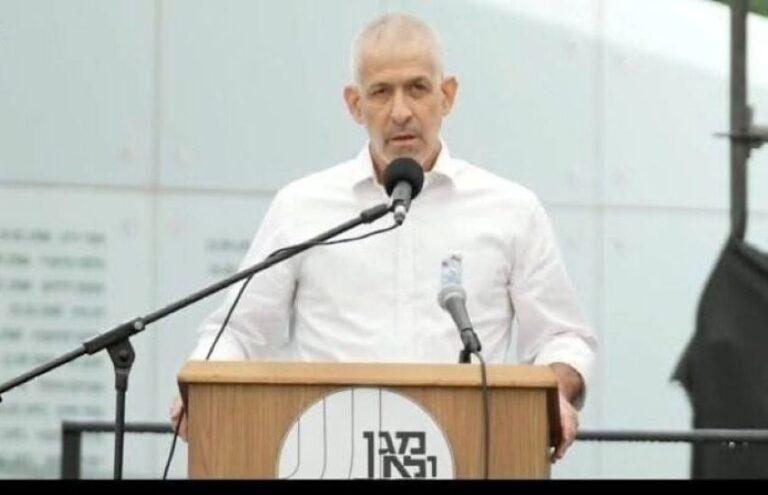




17 Responses
If he gives permission for the Toeiva parade, he can pray and pray , his prayers are fake. I thought he was a smart man!! He thinks that he can tell Hashem how to run this world.
I believe the proper translation of the kvittel that is shown in the photo is “For security for Am Yisrael and for my beloved family”. And not as the article reads “For security, for Am Yisrael, for my family, and for love”.
Why did they translate, “and for my loving family,” as “for my family and for love”?
I believe the proper translation is:
“For the securtity of Am Yisroel and for my beloved family.”
Should say Netanyahu placed a “Kvittel” in the Kosel, which read “For security, for Am Yisrael, and for my beloved family”, not “and for love”. Netanyahu is not asking Hashem for love.
Your interpretation of the Hebrew is slightly incorrect, it’s not “my family and for love”, it’s “and my beloved family”.
משפחתי האהובה
Bibi is eloquent and articulate. Just want to make clear what he meant.
Publicizing the kvitel:
Cheirem d’Rabbeinu Gershom?
YWN, you translation team needs some work. The note seen above translates to : “For the security of Am Yisroel, and for my beloved family”
That’s not the translation of his kvittel.
Netanyahu placed a “Kvittel” in the Kosel, which read “For security, for Am Yisrael, for my family, and for love”
“Mishpachti ha’ahuva” means, my beloved family.
He probably would have been better off joining a minyan for mariv and fulfilling the mitzva of reciting shema
Expelling “Palestinians” is not an extremist agenda – it is a Torah commandment, unless they convert or accept 7 Noahide laws (which we cannot do because we don’t have dayanim smukhim).
It doesn’t say “For security, for Am Yisrael, for my family, and for love,” it says “for the security of Am Yisrael and for my beloved family.”
The translation of the kvitel is not correct. The correct translation is: “For security of Am Yisrael and for my beloved family.”
10 Corrections!
Dear YWN news team,
You could’ve just amended the article, instead of leaving in the mistake and being corrected by 10 people. We’d rather see correct journalism than our names on the news story.
The 10 corrections could easily be prevented if the responses were moderated in a timely fashion so that after one person commented, the others would not need to do so.
As far as I can see the corrections were submitted in the late night / early hours, so wouldn’t have been moderated on the spot. However, you could’ve saved face, by simply correcting the story and leaving the feedback off